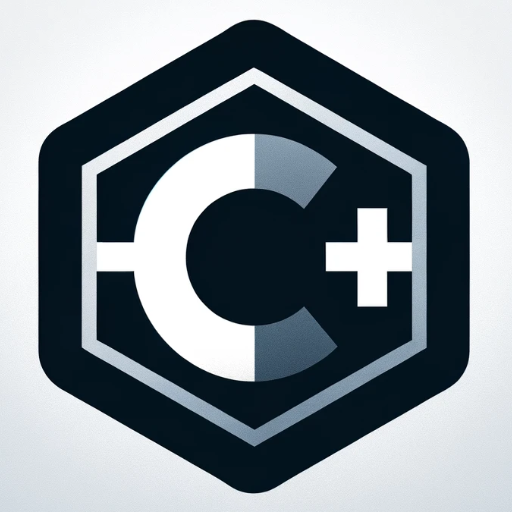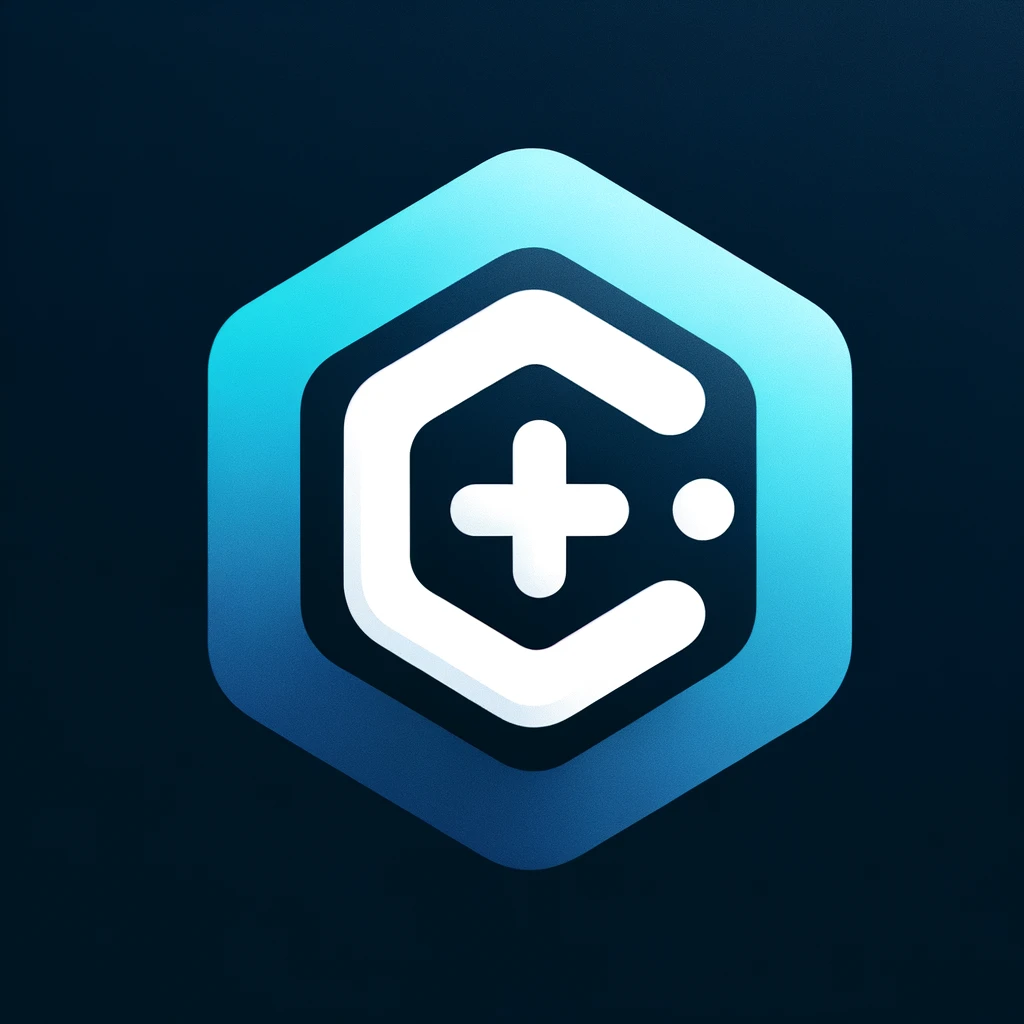C++-AI-powered C++ programming guidance.
AI-driven C++ programming assistant.
What is a pointer in C++?
How do I use inheritance in C++?
Explain C++ memory management.
Show me an example of a C++ class.
Related Tools
Load More
C++
Get help from an expert in C++ coding, trained on hundreds of the most difficult C++ challenges. Start with a quest! ⬇🧑💻 (V1.7)

C++ (Cpp)
Your personal highly sophisticated C++ (Cpp) copilot, with a focus on efficient, scalable and high-quality production code.

C++
Friendly help with C/C++ coding, debugging, and learning in a professional way.

QT 专家
中国的QT C++顶级程序员,用中文回答问题

C++
The first expert in C++. Can utilize Compiler Explorer (godbolt) to compile & run programs, and cppinsights for code transformations.

C++ Helper
Expert in C++ (cpp) and backend development, providing coding assistance and solutions.
20.0 / 5 (200 votes)
Introduction to C++
C++ is a high-level programming language developed by Bjarne Stroustrup starting in 1979 at Bell Labs. It is an extension of the C language and incorporates object-oriented programming features, making it versatile for system/software, game development, drivers, client-server applications, and embedded firmware. The language is designed to be flexible and efficient, providing control over system resources while offering high-level abstractions to manage complexity. For example, C++ allows the use of classes and objects to create reusable code modules, making it easier to manage large software projects.

Main Functions of C++
Object-Oriented Programming (OOP)
Example
Classes and Objects
Scenario
In a banking application, different accounts (e.g., savings, checking) can be represented as classes. Each class has properties (account balance) and methods (deposit, withdraw) specific to the account type.
Standard Template Library (STL)
Example
Containers, Iterators, Algorithms
Scenario
In a text processing tool, the STL can be used to store and manipulate collections of words. For instance, a vector (container) can hold the words, iterators can traverse through them, and algorithms like sort() can organize them alphabetically.
Memory Management
Example
Dynamic Allocation
Scenario
In a graphics rendering engine, memory management is crucial for performance. C++ allows for fine-grained control over memory allocation, enabling efficient handling of resources required for rendering complex scenes.
Ideal Users of C++
System Software Developers
C++ is ideal for system software developers who require fine control over hardware and system resources. Its performance and efficiency make it suitable for developing operating systems, embedded systems, and real-time processing applications.
Game Developers
Game developers benefit from C++ due to its high performance and ability to manage complex algorithms and graphics rendering. It provides the necessary tools for developing resource-intensive games and optimizing them for various platforms.

How to Use C++
Step 1
Visit aichatonline.org for a free trial without login, also no need for ChatGPT Plus.
Step 2
Install a C++ compiler such as GCC (GNU Compiler Collection) or Microsoft Visual C++ to compile and run C++ code.
Step 3
Set up an Integrated Development Environment (IDE) like Visual Studio, Code::Blocks, or CLion for writing, editing, and debugging C++ code efficiently.
Step 4
Learn and practice basic C++ syntax, including variables, data types, control structures, and functions, to build a strong foundation in C++ programming.
Step 5
Explore advanced C++ topics like object-oriented programming (OOP), templates, and the Standard Template Library (STL) for more complex and efficient coding solutions.
Try other advanced and practical GPTs
C
AI-powered C programming made simple

C++
AI-driven C++ coding solutions

C# Expert
AI-powered C# development assistance.
Qlik SaaS
AI-powered insights for smarter decisions.

Create Similar Image / Picture with AI
AI-powered Image Duplication Made Easy

Event Finder
AI-powered global music event discovery.

C++
AI-powered C++ Copilot

C HELPER
AI-powered C programming assistant.

C# Sage
AI-Powered C# Coding Assistant

Leet Code(C++ Version)💻
AI-powered C++ problem solver.

Peanutize Me
Transform your photos into Peanuts characters with AI.

Simpsonize Me
Transform Your Text with AI Humor

- Game Development
- Embedded Systems
- System Programming
- High-Performance
- Real-Time Computing
C++ Programming Q&A
What is C++ used for?
C++ is used for a wide range of applications, including system software, game development, real-time simulations, embedded systems, and high-performance computing. It is favored for its speed, efficiency, and support for object-oriented programming.
How does C++ differ from C?
C++ is an extension of the C programming language, adding support for object-oriented programming, classes, and inheritance. While C is procedural, C++ supports both procedural and object-oriented programming paradigms, making it more versatile for complex software development.
What are the advantages of using C++?
C++ offers high performance, close-to-hardware programming, extensive libraries like the Standard Template Library (STL), and robust memory management features. It is highly portable and can be used across various platforms, making it ideal for resource-intensive applications.
Is C++ suitable for beginners?
While C++ is more complex than some other languages, it is suitable for beginners who are serious about programming. Learning C++ provides a strong foundation in programming concepts and principles that are applicable across many languages.
How can I debug C++ code effectively?
To debug C++ code, you can use IDEs with integrated debuggers like Visual Studio or tools like GDB (GNU Debugger). These tools allow you to set breakpoints, inspect variables, and step through code to identify and fix issues.